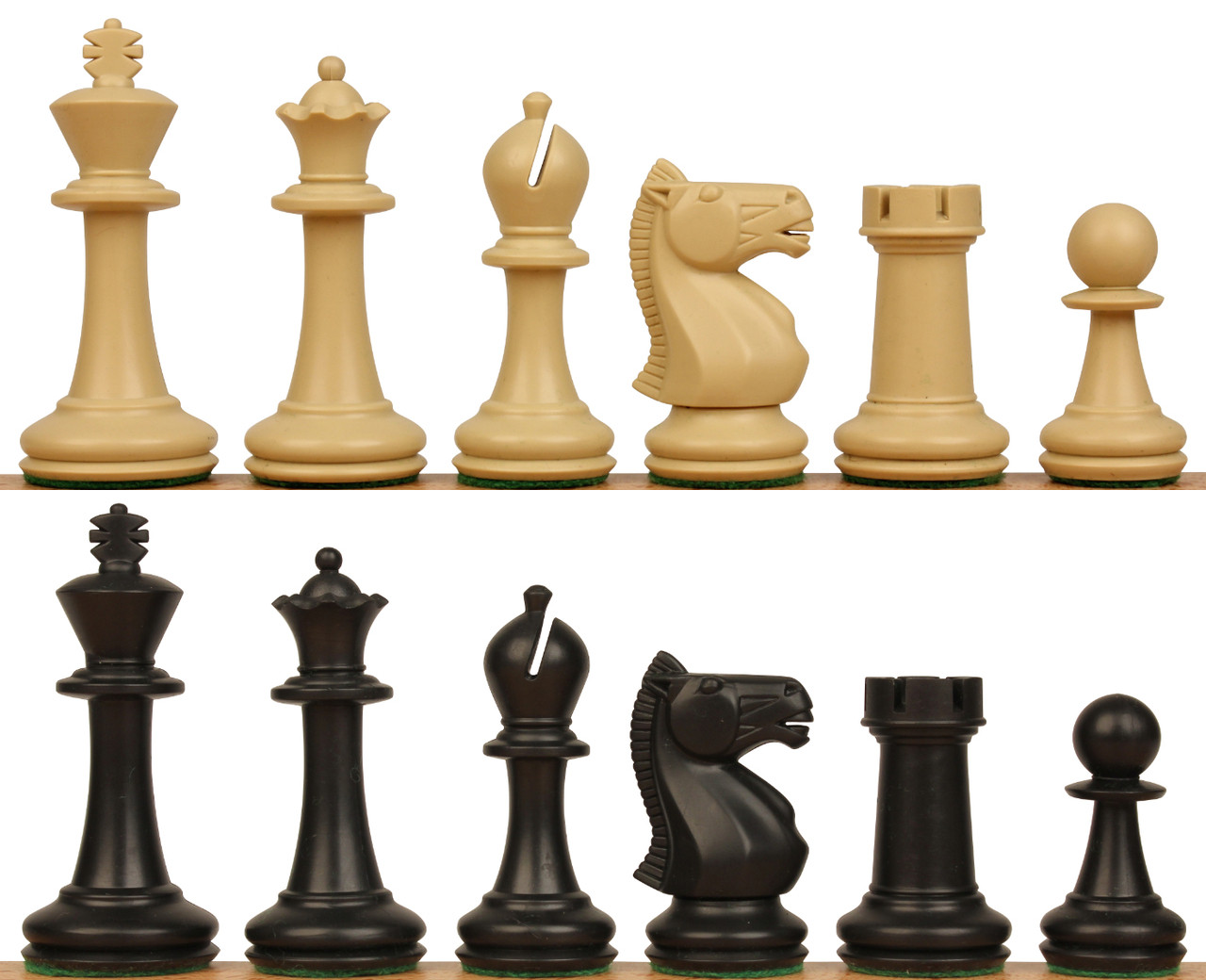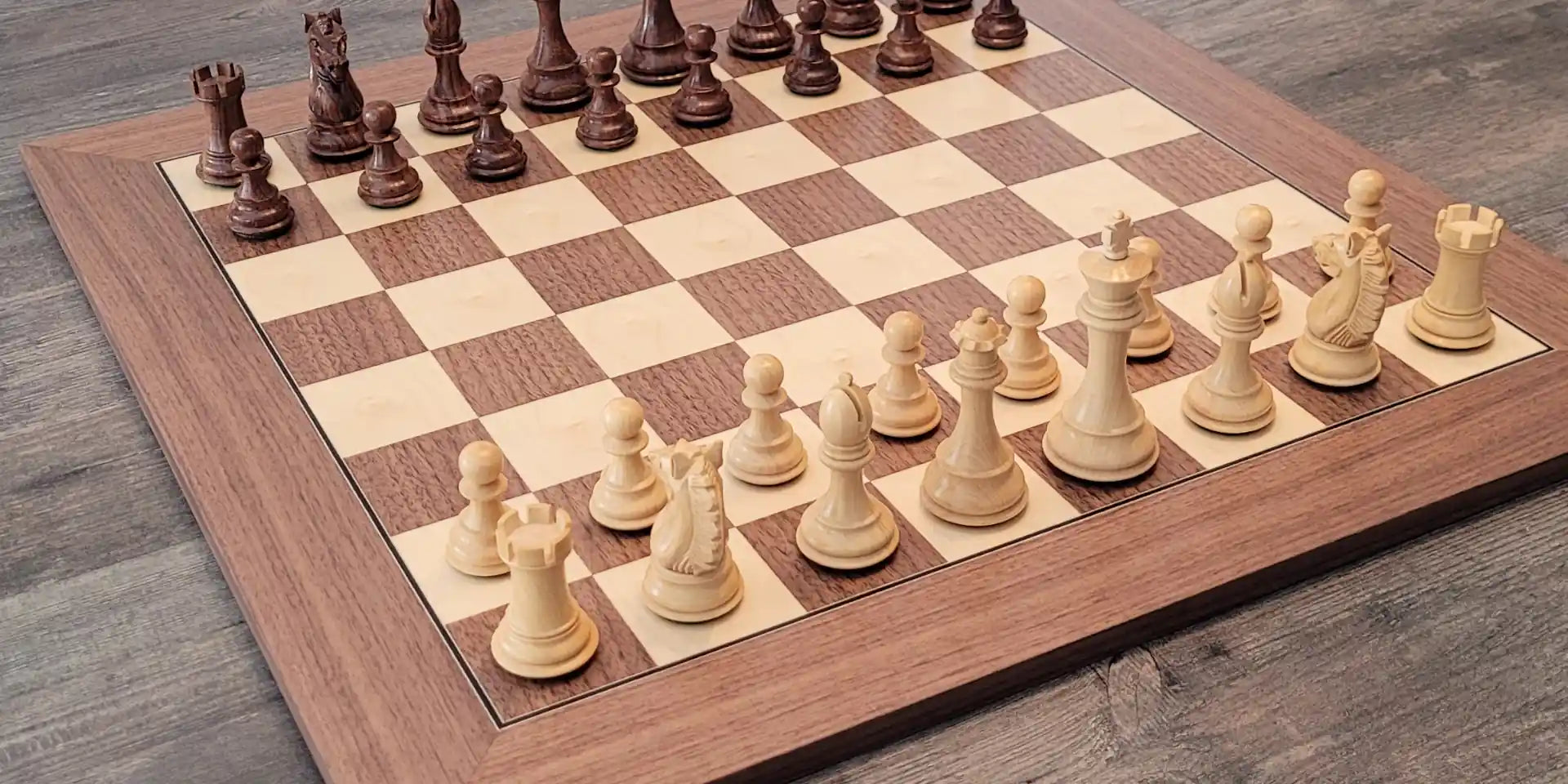Why Playing Chess Benefits Mental Health
Why You Should Play Chess: The Benefits of Engaging in This Ageless Intellectual Challenge
Chess is greater than a basic game; it functions as an extensive psychological exercise that sharpens different cognitive abilities. Gamers participate in tactical thinking and create analytical capabilities, which can have enduring benefits in everyday life. The self-control required for renovation fosters perseverance and durability. Yet, the true significance of chess lies not simply in its intellectual demands but in the links it fosters within an area. Exploring these measurements reveals much concerning why chess remains ageless.
Enhancing Cognitive Skills
Playing chess substantially improves cognitive abilities, making it a useful task for people of any ages. The video game demands calculated thinking and foresight, calling for gamers to anticipate their challenger's moves while developing a winning strategy. This mental exercise develops focus and concentration, essential elements of cognitive feature.

Chess motivates creativity, motivating players to check out innovative techniques and unconventional strategies to the game. As they browse the chessboard, people establish persistence and durability, essential qualities for cognitive growth. On the whole, the diverse cognitive advantages of chess make it an enriching quest, advertising long-lasting imagination and intellectual involvement.
Increasing Problem-Solving Talents
Countless research studies have shown that participating in chess can greatly improve analytic capabilities. The game needs gamers to evaluate complicated placements and prepare for the opponent's steps, cultivating vital believing abilities. As they browse various situations, chess gamers create the capacity to evaluate multiple outcomes and make tactical choices under stress. This procedure boosts their ability to strategy real-life problems with an organized frame of mind.
Chess advertises the recognition of patterns and the application of rational reasoning, skills that are necessary in reliable analytic. Gamers find out to assess risks and incentives, refining their judgment in unpredictable scenarios. The repeated nature of chess play strengthens these skills, enabling individuals to transfer their enhanced analytic capacities to academic and professional contexts. Ultimately, chess acts as a valuable device for any person looking for to sharpen their analytical abilities and enhance their overall cognitive performance in challenging situations.
Growing Persistence and Self-control
While participating in chess can be an exciting experience, it additionally needs a substantial degree of persistence and discipline. Gamers need to learn to carefully consider each action, evaluating potential end results and methods. This thoughtful method fosters an attitude that values long-term success over prompt gratification. In chess, rash decisions usually lead to negative consequences, enhancing the significance of taking one's time to assess the board and anticipate a challenger's actions.

Technique is further cultivated with regular method and research. Gamers frequently devote hours to enhancing their abilities, studying strategies, and assessing past games. This commitment to grasping the video game imparts a feeling of obligation and determination, vital attributes that extend beyond the chessboard. Eventually, the combination of persistence and self-control not just improves a gamer's chess abilities but also adds to personal growth, gearing up people with vital tools for navigating difficulties in different aspects of life.
Fostering Creative Thinking and Creative Imagination

Planning steps entails not just logic yet likewise the capability to prepare for a challenger's responses, motivating gamers to picture numerous pathways and alternatives. As players explore various methods, they discover to introduce and adjust, boosting their creative problem-solving skills.
The video game's complexity invites gamers to discover non-traditional ideas and techniques, leading to personal designs of play - Chess. This expedition supports a feeling of creative expression, as each player crafts their very own technique to obstacles on the board. Inevitably, chess comes to be a canvas for creative thinking, permitting people to reveal their special point of views while creating their imaginative capabilities
Building Social Connections and Community
Playing chess uses opportunities for individuals to network with events and neighborhood chess clubs. These settings cultivate connections among gamers, developing a sense of area centered around a shared passion. Taking part in these tasks not just enhances skills yet also constructs enduring connections.
Networking Through Tournaments
When participants participate in chess events, they frequently find themselves engaged in a vibrant area of like-minded individuals. These events offer an outstanding platform for players to forge links, share approaches, and commemorate their enthusiasm for the video game. Taking part in friendly competition Look At This cultivates friendship, as gamers from varied backgrounds come with each other to challenge each various other. Networking possibilities abound, with many individuals developing lasting friendships that expand beyond the chessboard. In addition, these tournaments commonly attract sponsors and chess enthusiasts, additionally boosting the capacity for expert connections. As gamers engage in discussions about strategies and experiences, they build a network that can bring about future cooperations and opportunities within the chess world and past.
Local Chess Clubs

Providing an Enjoyable and Involving Challenge
Chess offers a distinctly stimulating experience that mesmerizes gamers of all ages, as it integrates strategic reasoning with the excitement of competitors. visit this site This ageless video game presents an engaging obstacle, encouraging individuals to think critically and creatively. Each match unfolds as a fight of wits, where players need to expect their challenger's relocations while developing their own approaches.
The intellectual interaction chess provides is matched by its capacity to captivate. Players frequently discover themselves immersed in the game, misplacing time as they browse intricate placements and tactical dilemmas (Chess). This enhanced focus fosters a sense of accomplishment, specifically when a hard relocation leads to triumph
Chess promotes social interaction, permitting gamers to bond over shared experiences and difficulties. The video game's unlimited variations guarantee that no two sessions are alike, maintaining individuals enthusiastic to fine-tune their skills and methods. This dynamic blend of obstacle and enjoyment makes chess an irresistible pursuit.
Regularly Asked Questions
Can Chess Be Played Online or Only face to face?
Chess can be played both online and face to face. On the internet systems offer players the ease of competing versus opponents worldwide, while in-person games promote social interaction and physical existence, enhancing the general experience.
What Age Is Ideal to Beginning Learning Chess?
Specialists suggest that youngsters can begin discovering chess as very early as age 5 or 6. At this age, they can grasp basic ideas, boosting cognitive abilities while fostering a love for the video game that lasts a life time.
Exist Chess Tournaments for Beginners?
Yes, there are chess tournaments especially created for novices. These events give a helpful setting helpful site for beginner gamers to obtain experience, boost their skills, and appreciate the affordable spirit of chess without dealing with innovative opponents.
How much time Does It Take to Become Proficient at Chess?
Ending up being proficient at chess commonly needs regular practice over numerous months to years. Factors such as individual dedication, previous experience, and research study of techniques considerably influence the time required to reach a qualified degree.
What Resources Are Available for Understanding Chess Approaches?
Numerous sources exist for learning chess methods, including on the internet tutorials, publications by renowned writers, chess applications, and interactive sites. Numerous players likewise benefit from joining neighborhood clubs or taking part in on-line forums for real-time understandings.